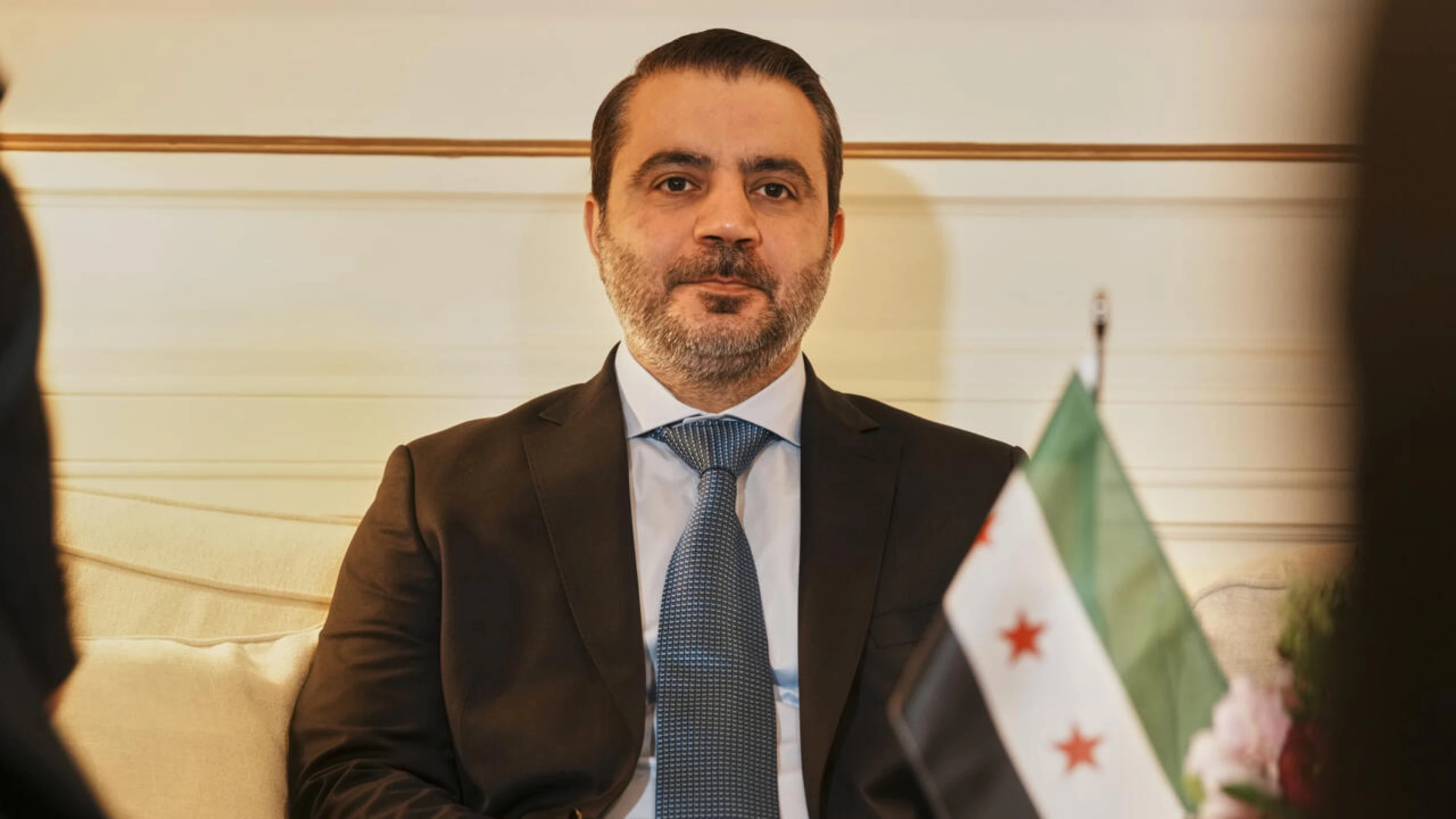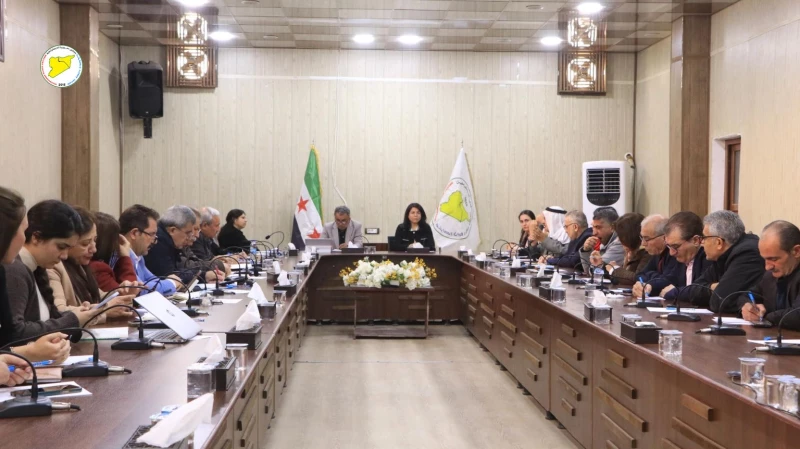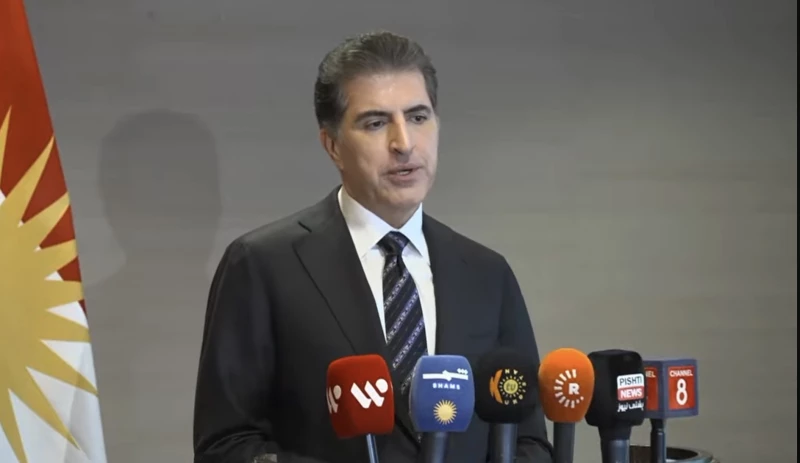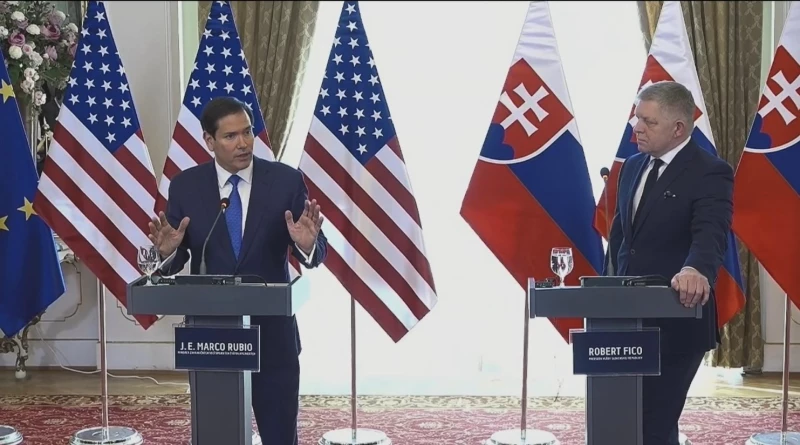ERBIL, Kurdistan Region of Iraq – Syrian Foreign Minister Asaad al-Shaibani on Saturday said that Damascus rejects federalism in any form despite a Kurdish push for dencentralized governance, urging the Kurdish-led Syrian Democratic Forces (SDF) to hasten its integration with Syrian state forces.
“We reject any form of division or federalism, and this does not require discussion or negotiation,” Shaibani told Syria’s state broadcaster Al-Ikhbariya in an interview on Saturday.
The foreign minister’s remarks are in relation to a push by actors in northeast Syria (Rojava) for a decentralized approach to the future of governance in the country. Earlier in October, Sky News Arabic reported that SDF Commander Mazloum Abdi had raised the ceiling of Kurdish demands in Syria during a meeting with Syrian President Ahmed al-Sharaa.
Sky News claimed that the commander had demanded the formation of an autonomous region in Rojava, akin to the Kurdistan Region, a constitutionally federal autonomous region in Iraq.
The conflicting positions between the Syrian government and the Rojava administration come amid efforts to integrate the SDF, Rojava’s de facto army, into Syrian state institutions. Abdi said last week that the Kurdish-led force will “participate” in the process of building the new Syrian army.
On March 10, Abdi and Syrian President Ahmed al-Sharaa signed an agreement that would see the SDF and institutions in Rojava integrate into the Syrian state apparatus. Despite the signing of the agreement, both sides have proceeded with caution, and the deal has yet to be implemented.
Factions affiliated with the Syrian government and the SDF have engaged in numerous clashes in recent times, specifically around Aleppo, with both sides blaming one another for the provocations.
Speaking to the integration process, Shaibani said that “the absence of the Syrian Democratic Forces within state institutions deepens the rift between them and the state.”
“There is a historic opportunity for the north and east of Syria to be an active part in this phase,” the foreign minister further noted, cautioning that “failure to reach an agreement with the Syrian Democratic Forces hinders the interests of civilians and the return of displaced people to their areas.”
Shaibani in early October told a joint presser with his Turkish counterpart Hakan Fidan that “the SDF has been slow” in implementing the agreement, accusing them of not taking “any practical steps” to implement the deal yet.
Two days after Shaibani’s presser, the Syrian Democratic Council (SDC), the political wing of the SDF, warned of Damascus’ “repeated violations” of the March 10 agreement and delay in its implementation, renewing calls for a decentralized Syria.



 Facebook
Facebook
 LinkedIn
LinkedIn
 Telegram
Telegram
 X
X


